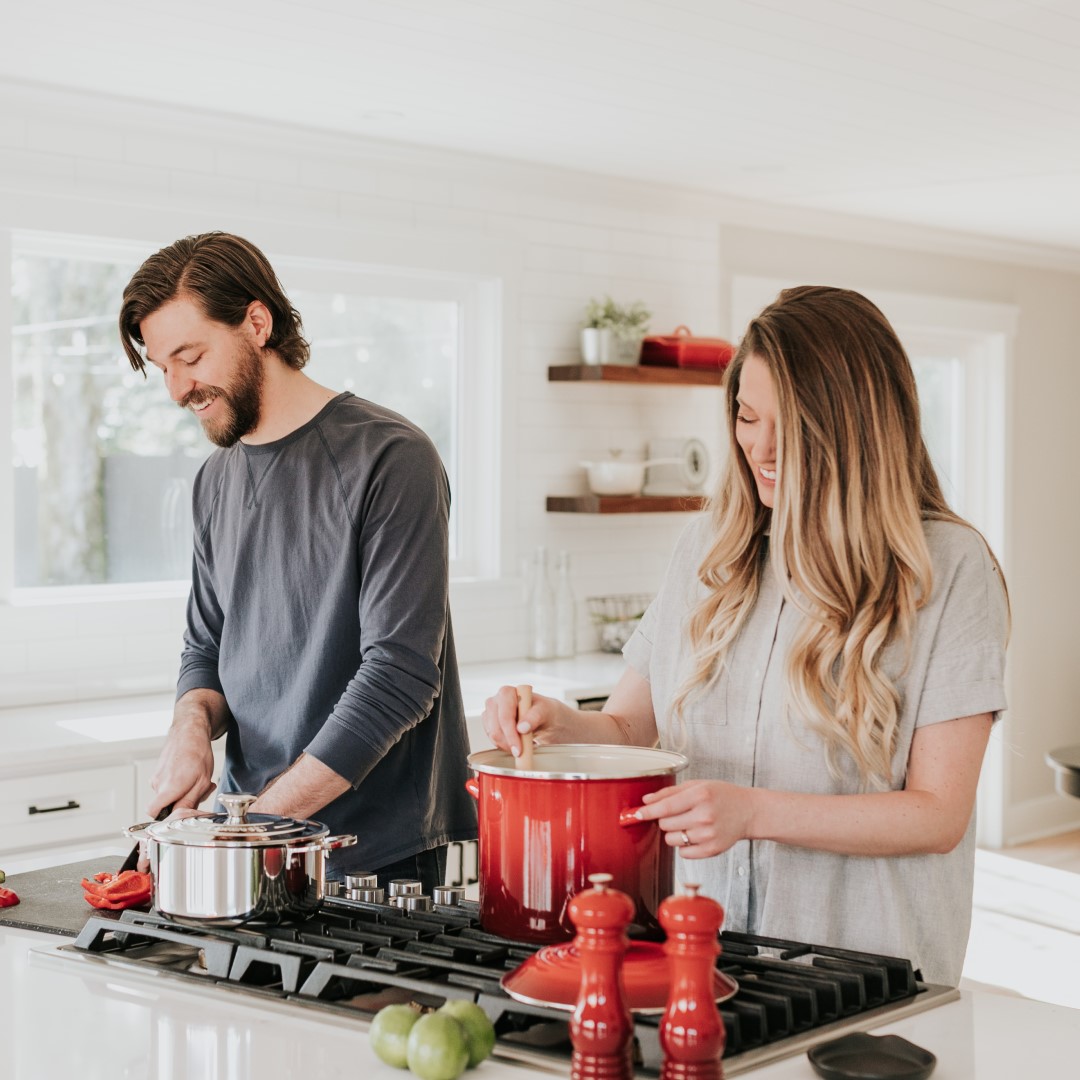

330-452-9911 (Aultman Main)
Patients & Visitors

- Patient Support
- My Experience
- Join Our Grateful Community
- Nondiscrimination & Language Services
- Patient Nutrition
- Patient Portal
- Patient Privacy
- Patient Medical Records
- Patient Rights and Responsibilities
- Patient Welcome Folder
- Tests & Procedures
- Contact Us
- Visitors
- Contact a Patient
- Aultman Anywhere App
- The Shoppes at Aultman
- Visitor Policies
- COVID-19 Information
- Parking and Maps
- Dining Options
- Things to Do
- Insurance and Billing
- Pay My Bill
- Insurance
- Financial Assistance
- Pricing
- FAQs
Services

- Medical Services
- Back & Spine Center
- Birth Center
- Cancer Center
- Critical Care
- Emergency
- Heart & Vascular
- Mental Health Services
- Neurosurgery
- Orthopedics and Sports Medicine
- Stroke
- Surgical Services
- Urology
- Support Services
- AultmanNow
- Aultman Specialty Pharmacy Services
- AultWorks
- Case Management
- Clinical Trials
- Diabetes Education
- Grief
- Home Medical Supply
- Home and Aultman Infusion Services at Woodlawn
- Home Health Care
- Hospice/Palliative Care
- Imaging
- Inpatient Rehab
- Integrated Health Collaborative
- Lab
- MEDS Clinic
- Pain Management
- Security
- Sleep Services
- Spiritual Care
- Therapy
- Urgent Care
- Victims of Violence - Forensic Nurse
- Wound Care
Health & Wellness

About

- Aultman
- About Aultman
- Careers
- Diversity, Equity, Inclusion and Belonging at Aultman
- Newsroom
- Our Policies
- Annual Report
- Community Health Needs Assessment
- Sharon Lane – An American Heroine
- Aultman Corporate Sponsorships & Volunteer Requests
Locations

- Locations
- AultCare
- Aultman Alliance
- Aultman Carrollton
- Aultman College
- Aultman Dover
- Aultman Hartville
- Aultman Hospital
- Aultman Louisville
- Aultman Massillon
- Aultman Medical Group
- Aultman North
- Aultman Orrville
- Aultman Orrville Doylestown Health Center
- Aultman Tusc
- Aultman Tuscarawas Regional Health
- The Aultman Foundation
- Aultman Woodlawn
Schedule an Appointment
*Please fill in all the required fields.
- Home >
- Blog >
- Healthy Living >
-
Why Are Younger People Getting Cancer?
Menu

Recent Posts
- Why Does Your Child Need a Sports Physical?
- Camping Safety
- All About Scoliosis
- Recipe: Baked Bean Casserole
- Be a Kid Again – Without the Tech!
Archive Posts

Location Finder
Here's your guide to finding any of the facilities in the Aultman family of health services, including maps and contacts.

Need a Doctor?
Aultman's network of providers is committed to high-quality patient care.

Schedule an Appointment
Click below to complete an online form.
Donate Today
You can help support and enhance services, and in turn, help patients and their families who benefit from care received at Aultman.

Why Are Younger People Getting Cancer?
If it seems like younger people are getting cancer more often, you’re right. Although cancer mostly affects people ages 50 and older, recent years have brought a shift.
For instance, many people were shocked when actor Chadwick Boseman, star of “Black Panther,” and Dustin Diamond, who played Screech on TV’s “Saved by the Bell,” died of cancer in their 40s. And due to escalating rates of colorectal cancer among younger people, health experts now recommend that screening start at age 45 instead of 50.
Data supports this concerning trend. A recent research review analyzed the prevalence of 14 types of cancer, including breast, prostate and pancreatic. The review found that, since the 1990s, rates increased worldwide for all those cancers among adults younger than 50.
Risk Factors
The study authors also shed some light on why this might be happening. Lifestyle changes since the mid-20th century that increase cancer risk may only now be having an effect on adult cancer rates, they suggest.
These include:
- Diets high in processed foods and sugars.
- Less physically demanding jobs and more time spent sitting.
- Greater alcohol consumption.
- Children getting less sleep.
- More adults working night shifts, which is linked to cancer risks such as obesity and diabetes.
- Increased rates of Type 2 diabetes, which boosts the risk for liver, breast and other cancers.
Risk factors that affect children and young adults may have a greater impact on cancer rates in the future.
Take Action
It’s never too early to think about cancer prevention. You can make healthy changes at any age. These include:
- Stop drinking alcohol or cut back. If you drink, limit yourself to no more than one drink per day for women or two for men.
- Follow a healthy eating pattern rich in fruits, vegetables and whole grains. Limit red meat, processed foods and sugary drinks.
- Avoid all forms of tobacco.
- Move more. Work your way up to at least 150 minutes of moderate exercise per week. Kids should get 60 minutes of activity per day.
- Talk with your healthcare provider about your risk factors and recommended cancer screenings. Discuss other steps that might keep you healthier longer.
Source: The StayWell Company, LLC

Location Finder
Here's your guide to finding any of the facilities in the Aultman family of health services, including maps and contacts.

Need a Doctor?
Aultman's network of providers is committed to high-quality patient care.

Schedule an Appointment
Click below to complete an online form.
Donate Today
You can help support and enhance services, and in turn, help patients and their families who benefit from care received at Aultman.